Euro 2020: Does history tell us who will win?
- Published
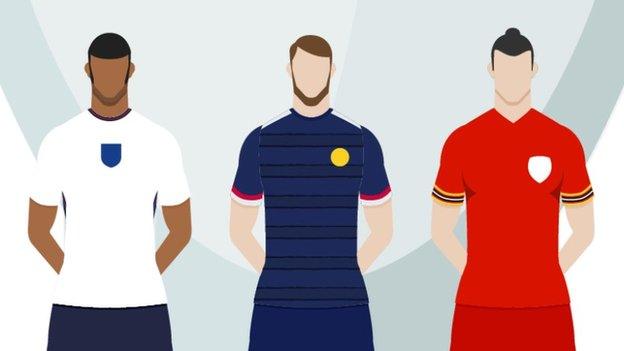
England, Scotland and Wales are the home nations in action in this summer's European Championship
Uefa Euro 2020 on the BBC |
|---|
Dates: 11 June-11 July. Venues: Amsterdam, Baku, Bucharest, Budapest, Copenhagen, Glasgow, London, Munich, Rome, Seville, St Petersburg. Coverage: Live on BBC TV, BBC Radio 5 Live, iPlayer and the BBC Sport website and app. Click here for more details |
Twenty-four countries will enter this summer's European Championship. Only one can leave with the trophy. But which one?
Will Portugal defend the crown they won five years ago? Can Germany or Spain win a record fourth title? Is another Greece-style shock possible? Or can England finally get their hands on some silverware again?
By looking at trends, statistics and patterns from tournaments past, BBC Sport has eliminated 23 nations and concluded which one will be crowned European champions at Wembley on 11 July.
Our advice, though, is that you maybe don't take this too seriously. It is mainly just a bit of fun.
That said, here are the things we've decided that the Euro 2020 winners must have done...
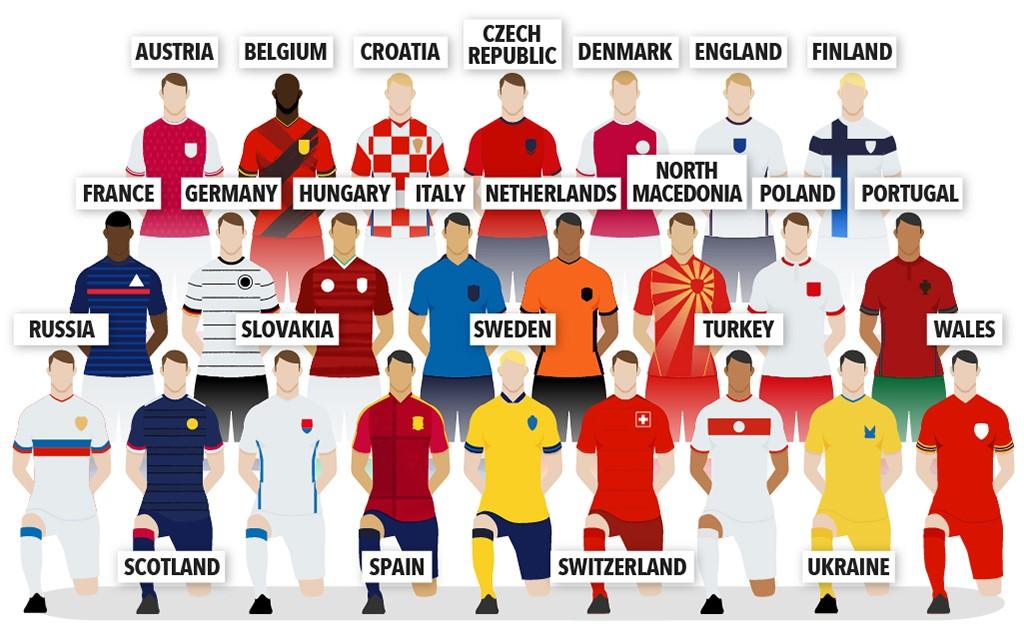
Qualify automatically
We'll start with a simple yet obvious one.
Since the play-offs were introduced into the qualifying process for the Euro 96 tournament in England, no side reaching the finals through this method has gone on to claim the trophy.
Removing the countries who reached the Euro 2020 finals via the play-offs strips away four from our list. Sadly, that means a quick exit for Scotland, who are partaking in their first major tournament finals since the World Cup in France in 1998.
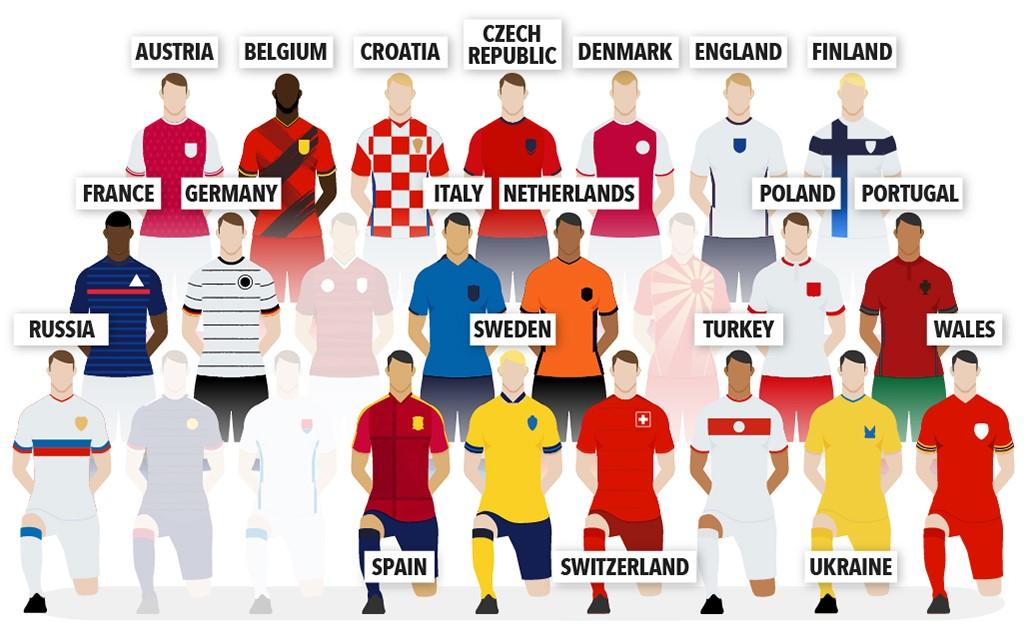
Top their qualifying group
The 1996 tournament saw the finals expanded from eight to 16 teams for the first time, meaning the top two sides went through from each qualifying group as opposed to just one.
Since then, though, topping your qualifying group has proven to be a rite of passage for a country's trophy credentials, with every eventual winner having finished first in their respective table.
This narrows our field considerably, reducing it to the 10 group winners in Euro 2020 qualifying, while also leading to some major casualties.
Current holders Portugal are gone, as are the Netherlands and Denmark, winners in 1988 and 1992 respectively. Another home nation, Wales, are also out of the running.
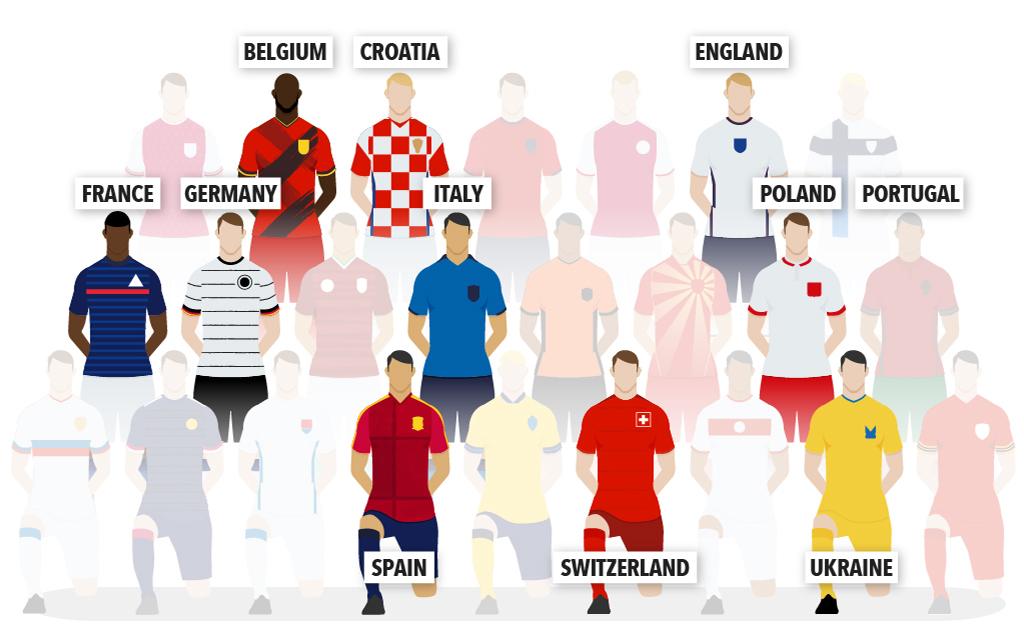
Don't be the hosts
In the 10 tournaments since 1980, only one nation has won the trophy on home soil - a Michel Platini-inspired France, way back in 1984.
With this year's tournament spread across the continent and 12 countries playing host, removing the host nations sees the field thinned out further with four casualties, including three-time winners Germany and Spain.
We also lose England from the mix (presumably they'll be eliminated via a penalty shootout), meaning Three Lions fans will have suffered at least 56 years of hurt by the time the Qatar World Cup comes around in 2022.
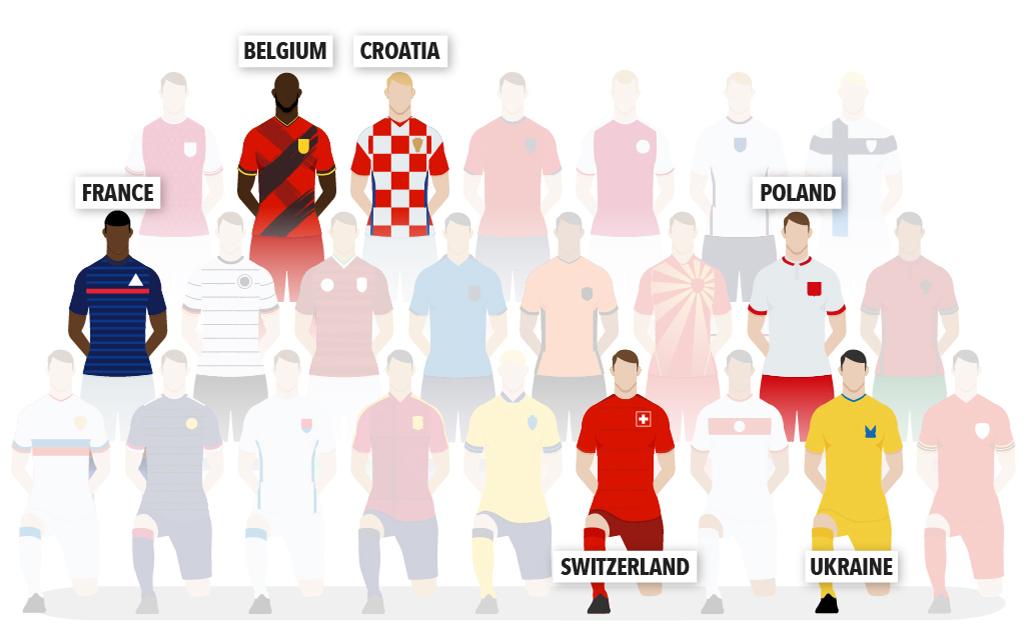
Have appeared in a previous final
Five of the past six winners of the Euros have appeared in a previous final. The only nation to buck that trend is Greece, who famously shocked the continent in 2004 with arguably the biggest anomaly in international football history.
Prior to that tournament in Portugal, the Greeks were priced at 150-1 to lift the trophy having never won a single match at a major finals.
Applying this criteria sees Croatia, Poland, Switzerland and Ukraine fall by the wayside, leaving us with two well-fancied countries for the final showdown.
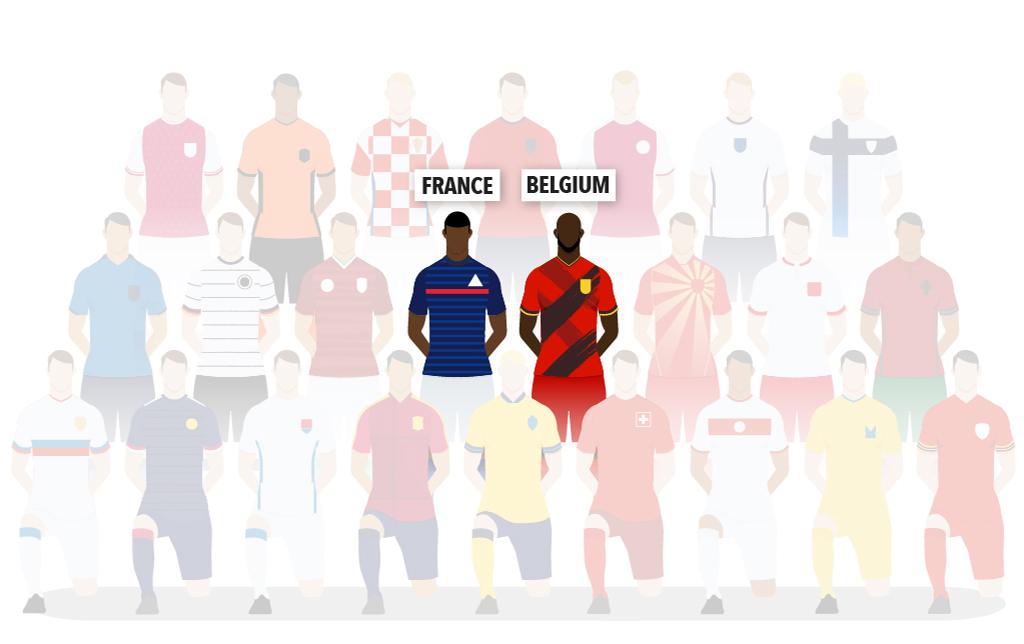
Provide lots of Champions League players
To finally settle this we drew on a heavyweight criteria.
All 10 winners of major tournaments so far this century - World Cups and European Championships - have been in the top five highest nations for number of starting players in the previous season's Champions League.
For example, for the last Euros in 2016, Portugal were ranked fifth in this, providing 27 starting players for the 2015-16 Champions League. World Cup 2018 winners France had 49 players in the 2017-18 Champions League - the third most.
The people at Nielsen's Gracenote, external have crunched the numbers and discovered that the top five nations providing players for the 2020-21 Champions League were France (63 starters), Brazil (58), Spain (51), Germany (38) and Ukraine (32). Belgium were ranked 12th with 18.
And so, after all that research and whittling down, our largely unscientific method has predicted that World Cup winners and pre-tournament favourites France will win Euro 2020!
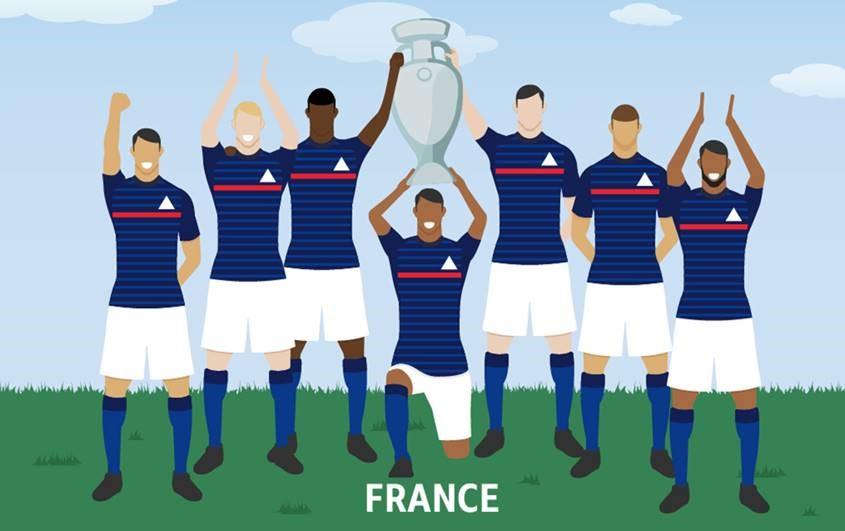
Graphics provided by Jonny Sodah.

MOTD Top 10 Euro Specials: The players and moments that have lit up the tournaments
Tracking down Bear Grylls: Jamie and Spencer get hold of the renowned adventurer
